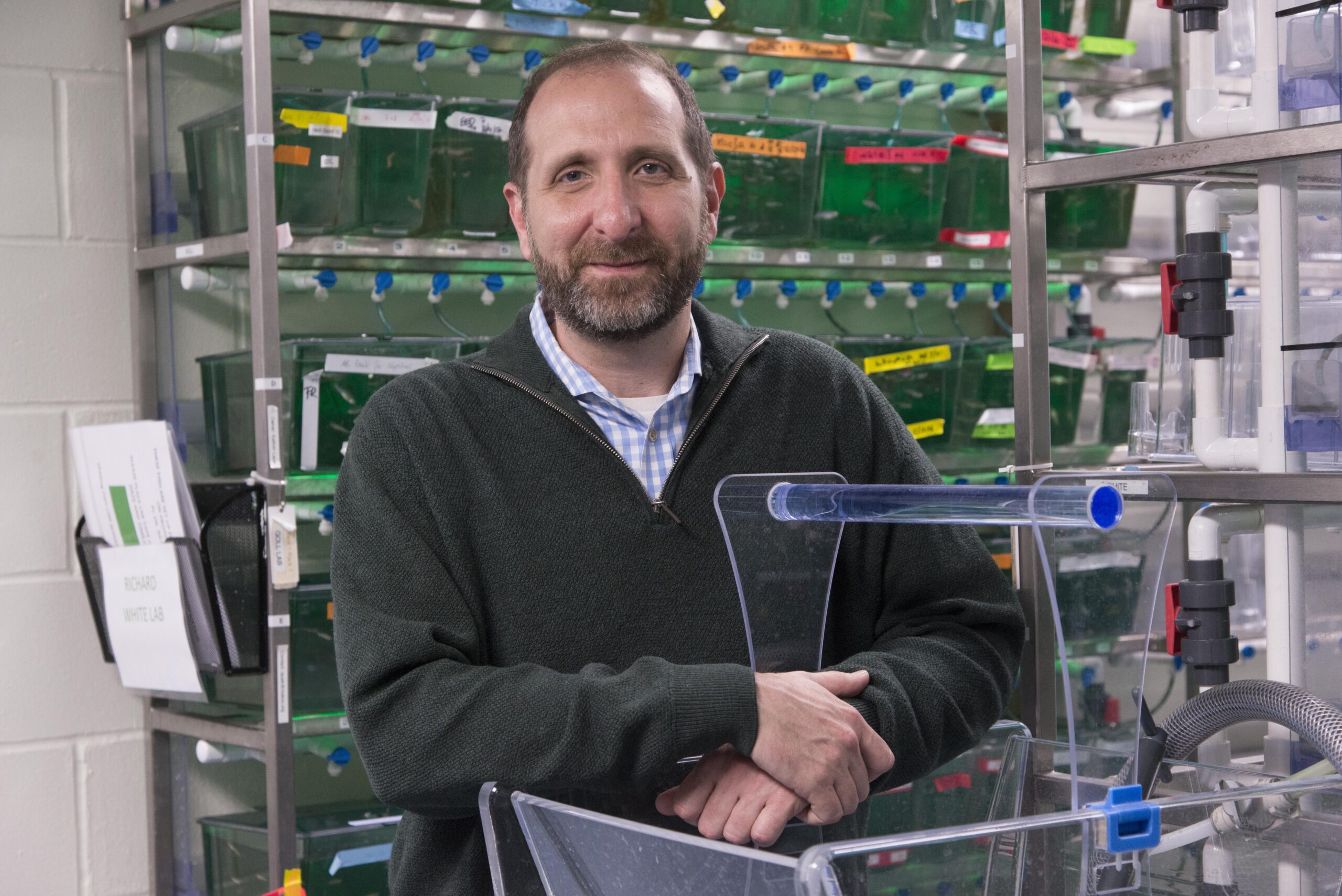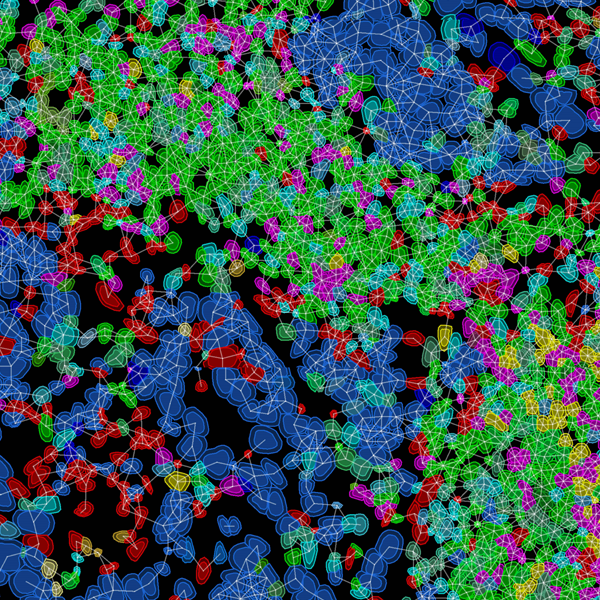
Ludwig Oxford’s Richard White models cancer in fish that are easy to manipulate genetically and enable the clear visualization of individual cancer cells as they spread.
Read MoreThe Ludwig Institute’s Benoit Van den Eynde and Jingjing Zhu have shown that existing blood pressure drugs known as α2-adrenergic receptor agonists induce potent anti-tumor immune responses, an effect that was amplified when they were combined with immunotherapy in preclinical studies.
A study led by Ludwig Lausanne’s Johanna Joyce and former PhD student Vladimir Wischnewski showed that some brain metastases, but not gliomas, are significantly infiltrated with T cells. The findings suggest this phenomenon could be exploited for patient stratification in the management of therapy for brain cancers.
Read More